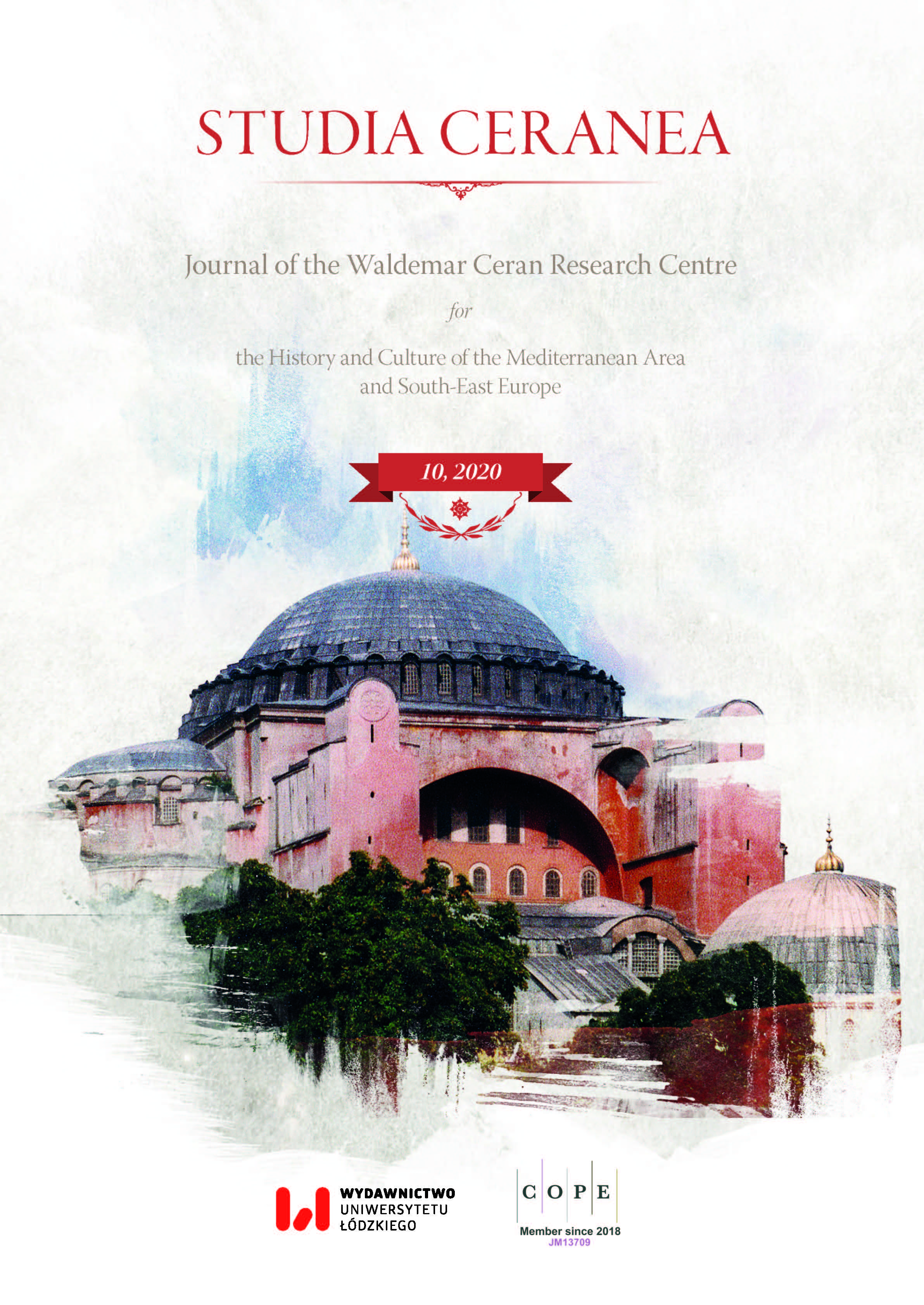Historical Master Narratives and the Master Narrative of the Bulgarian Middle Ages
Historical Master Narratives and the Master Narrative of the Bulgarian Middle Ages
Author(s): Roumen DaskalovSubject(s): History, Middle Ages
Published by: Wydawnictwo Uniwersytetu Łódzkiego
Keywords: master narrative;grand narrative;metanarrative;counter-narrative;Bulgarian Middle Ages;King Samuil;Khan Asparuh;Khan Kubrat;Tsar Simeon the Great;Tsar Ioan Asen II;San Stefano Treaty;Tsar Asen I
Summary/Abstract: The article is a brief and schematic presentation of the notion of a “master narrative” and of the master narrative of the Bulgarian Middle Ages, which is the subject a detailed book of mine in Bulgarian. This master narrative was constructed starting with what is known as “Romantic” historiography (from Monk Paisij’s “Istorija Slavjanobolgarskaja” [Slavonic-Bulgarian History] in 1762 to Vasil Aprilov’s writings in the first half of the nineteenth century) but it was elaborated especially with the development of “scientific” (or critical) historiography first by Marin Drinov (1838–1906) and mainly by the most significant Bulgarian historians from the “bourgeois” era: Vasil Zlatarski (1866–1935), Petăr Mutafčiev (1883–1943), and Petăr Nikov (1884–1938). Then it was interrupted by the (crude) Marxist counter-narrative of the late 1940s through the 1960s. Starting in the late 1960s there was a gradual return to the nationalism of the master national narrative, which reached a peak with the celebration of the 1,300th anniversary of the founding of the Bulgarian state in 1981. The same line continued after 1989 (stripped of the Marxist vulgata), yet some new tendencies appeared.
- Issue Year: 2020
- Issue No: 10
- Page Range: 259-280
- Page Count: 22
- Language: English

